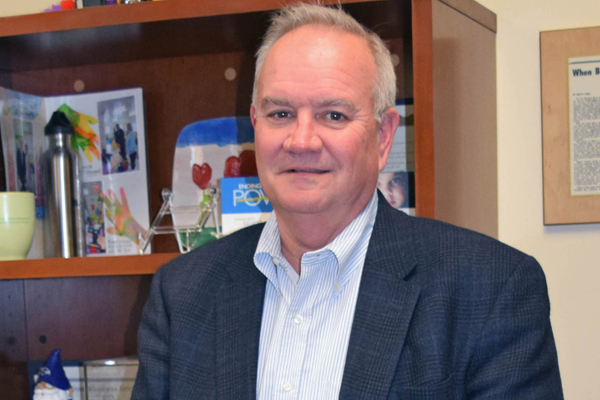
On August 16th, I opened the Washington Post and was confronted with a jarring headline in the global opinions section:
“What if Western media covered Charlottesville the same way it covers other nations?”[1]
The author went on to write about the recent tragedy using the same kind of emotionless, distanced language that I have become so accustomed to seeing in news stories written about foreign tragedies. I was left with the indelible impression that we as Americans tend to privilege our own stories and our own pain while distancing ourselves from the suffering of the rest of the world. (For a sense of just how inhumane it feels to read a story written so clinically about a tragedy that hits close to home, I encourage you to read a similar article that the author wrote about the unrest in Baltimore back in 2015).[2]
August 19th was world Humanitarian Day, an opportunity to reflect on our implicit biases and a salient reminder in these trying domestic times that we are never absolved of the responsibility to attend to the suffering of the rest of the world.
Across the globe, growing economic inequality and the widening gulf between the rich and the poor are worsening the plight of the most vulnerable.[3] The apathy and ignorance fostered by keeping the suffering of the world at arm’s length, by framing their situation as fundamentally different from our own and so downplaying the shared humanity that unites us, is simply inexcusable in a world as interconnected as ours. The lines are clearly drawn: we can stand on the side of people who are poor and oppressed, or we can be complicit in their suffering.
Catholic Charities’ collaborative work with adoption agencies across the globe is informed by our own resolve not to let pride or attachment to a localized perspective corrupt our mission. While Catholic Charities began over two hundred years ago as a provider of domestic adoptions, we have allowed the changing needs of the world to inform and alter our focus. Our preferential love for the vulnerable of the world, not our attachment to the ways of the past, has to be our guide.
Today, Catholic Charities’ services in Nigeria, Colombia, and the Philippines are focused on finding permanent adoptive families for children who have been orphaned or abandoned, or whose parents are incapable of caring for them. Most of these children live in orphanages and face a lifetime of institutionalization and trauma unless they are adopted. Currently, we are working with over 200 families who are adopting children from Nigeria. Our work there began just a year and a half ago, and already 25 children have arrived into their new adoptive families here in the States.
For the past 5 years, we have worked in accredited partnership with the Colombian government to place older children (age 10 – 15) with permanent adoptive families in the U.S. Because of their ages and backgrounds, these children are considered “hard to place.” One of the ways we are able to find families for these children is for them to participate in a 5 week “Summer Host Program,” which currently operates with a 70% success rate. For the past 25 years, we have also worked in partnership with the Philippine government to find permanent adoptive homes for children of all ages.
We remain committed to providing services to vulnerable children throughout the world, not so much because of who we are, but because of who the vulnerable of the world call us to be. Their plight, far from a justification of injustice or a validation of perceived and irreconcilable difference, calls out to us for a response. May we as individuals and as an organization remain humble enough to hear and respond to that call.
Peace,

Bill
[1] Attiah, Karen “What if Western media covered Charlottesville the same way it covers other nations” The Washington Post, August 16, 2017. Available at: https://www.washingtonpost.com/news/global-opinions/wp/2017/08/16/what-if-western-media-covered-americas-white-tribalism-the-same-way-it-covers-other-nations/?utm_term=.da3bb704725c
[2] Attiah, Karen “How Western media would cover Baltimore if it Happened Elsewhere” The Washington Post, April 30, 2015. Available at: https://www.washingtonpost.com/blogs/post-partisan/wp/2015/04/30/how-western-media-would-cover-baltimore-if-it-happened-elsewhere/?tid=a_inl&utm_term=.3d32c2732439
